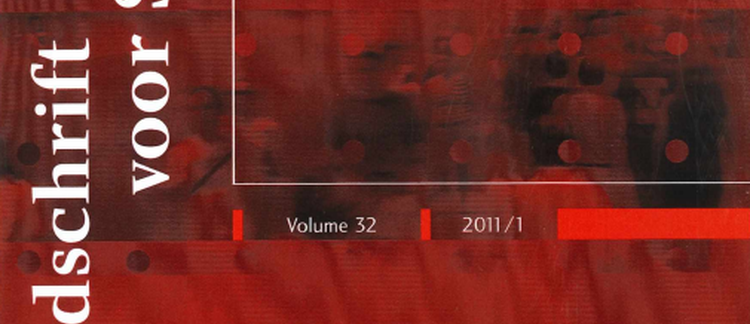Abstract
A core issue in the social-scientific debate on the (alleged) decline of social capital in present-day societies, relates to the organizational transformation from ‘secondary associations’ to ‘tertiary organizations’, and the concomitant shift from active to passive modes of involvement, such as cheque-book activism. Recently, research on newly emerging forms of participation, and their impact on social capital, has been increasing. However, as yet, cheque-book activism has received scant attention. This article aims to fill this gap on the basis of population data from Flanders (Belgium). It explores empirically the prevalence of cheque-book activism in Flanders, and examines its relative effect on social capital as compared to other forms of participation. The research findings reveal that cheque-book activism is a broadly practiced phenomenon, and that it has a positive impact on social capital. As a result, a revision of the classic social capital thesis may be warranted.
How to Cite:
Van den Bosch, D., (2011) “Van clubhuis naar gironummer?: Giro-activisme en sociaal kapitaal in Vlaanderen”, Tijdschrift voor Sociologie 32(1), 24–58. doi: https://doi.org/10.21825/sociologos.86767
Downloads:
Download PDF
View PDF

